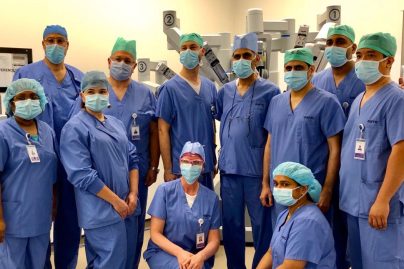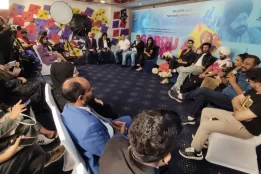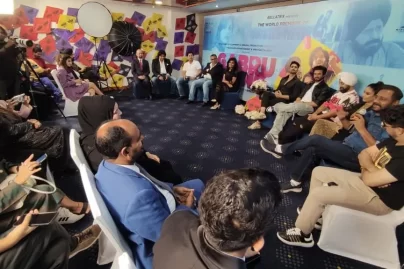Are your memories figments of your imagination?
Wed 20 Jul 2022
In a study conducted in the 1990s, children (participants) recalled being lost in a mall. Some participants described these events in great detail; one remembered that the elderly man who saved him was sporting a flannel shirt. But here’s the twist, none of these individuals had ever truly gotten lost in a mall. Their parents later confirmed it. They produced these false memories when the psychologists conducting the study told them they’d gotten lost. A quarter of the participants claimed to have remembered getting lost, not just one or two.
But why do we so firmly believe that our memories are genuine, and how exactly do these memories form? Psychology and neuroscience might have the answers.
When exposed to misinformation, our mind mixes accurate information with inaccurate ones to distort our memories of events. According to a study at Northwestern University, when we recall something, we remember the last time we recalled the memory rather than the actual event. Slight changes in an event’s memory with each recall can eventually snowball into a completely distorted memory. We are also more likely to form false memories when recalling emotionally charged events. The effect of misinformation can be just as grave.
Is there anything we can do about this? Further research tells us what memory expert and eminent American Psychologist Elizabeth Loftus explains about this.
As Loftus explains, “The one message that I have tried to convey in my writings, and classes, and in my TED talk is this: Just because someone tells you something with a lot of confidence and detail and emotion, it doesn’t mean it actually happened. You need independent corroboration to know whether you’re dealing with an authentic memory or something that is a product of some other process.”
Another strategy recommended by the experts is to use the technique of “Visual Imagery” – a memory technique that involves constructing mental images when learning new information to recall the information better later. Researchers have found that when people use imagery to create a visual representation of data, their memory for that information is better and less susceptible to false memories.
Points to remember about memory
•One of the best ways to combat false memories is to be aware that they exist. And memories do not work like a video recorder, accurately recording all of the details of witnessed events. Just like perception, memory is a constructive process. We frequently recall an event’s general outline rather than its precise details.
•When constructing a memory, we typically fill in gaps with what we think might have happened rather than the actual event. And while doing so, we may also include misinformation we encountered after the event without being consciously aware of it.
•Realizing that your memory is susceptible to false information and that you might not be able to rely on it as much as you think is the key.
So are all of your memories truly real?
We now understand that your memory is incredibly malleable. Because you often cannot spot a false memory once it has taken hold, there is currently no way to distinguish whether a particular memory is true or false in the absence of independent evidence. Likewise, false memories don’t mean your memory is bad, or you’re developing a type of memory disorder, like dementia or Alzheimers. Faulty recollection of memory is relatively common, and everyone has them. And can happen to anyone, and the good news is that most false memories are harmless and, for better or worse, are an element of being human! They range from small and trivial, like where you put your keys the previous evening, to significant, like how an accident happened or what you witnessed during a crime.
Memories figment imagination Memories figment imagination Memories figment imagination
This article is contributed by Azkiya Siddique who is an aspiring Psychologist in quest of understanding how humans work. When not procrastinating, she’s likely to be found reading about spooky stuff and history. She has opinions on a lot of things, but mostly writes about psychology and lifestyle and occasionally on historical events.
Disclaimer: All views and opinions expressed in The Brew Opinion – our opinion section – are those of the authors and do not necessarily reflect the official policy or position of TheBrew.ae, the company, or any of its members

 Apr 26 2024
Apr 26 2024













